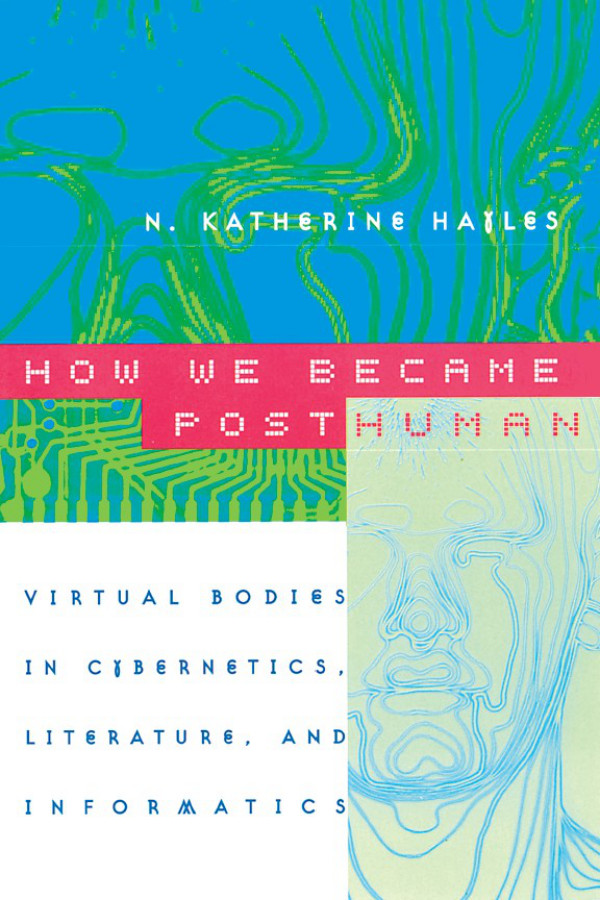Walter J. Ong: Orality and Literacy: The Technologizing of the Word (1982–)
Filed under book | Tags: · alphabet, language, literature, logocentrism, media history, oral culture, poetry, print, rhetoric, technology, text, writing

This classic work explores the vast differences between oral and literate cultures offering a very clear account of the intellectual, literary and social effects of writing, print and electronic technology.
In the course of his study, Walter J. Ong offers fascinating insights into oral genres across the globe and through time, and examines the rise of abstract philosophical and scientific thinking. He considers the impact of orality-literacy studies not only on literary criticism and theory but on our very understanding of what it is to be a human being, conscious of self and other.
First published in 1982 by Methuen & Co. Ltd
Publisher Routledge, 2002
New Accents series
ISBN 0415281296, 9780415281294
204 pages
PDF (1982/2002, updated on 2014-11-23)
Comment (0)Adalaide Kirby Morris (ed.): Sound States: Innovative Poetics and Acoustical Technologies (1997)
Filed under book | Tags: · acoustics, art, listening, literature, music, performance, radio, radio art, sound art, sound recording, technology

By investigating the relationship between acoustical technologies and twentieth-century experimental poetics, this collection, with an accompanying compact disc, aims to ‘turn up the volume’ on printed works and rethink the way we read, hear, and talk about literary texts composed after telephones, phonographs, radios, loudspeakers, microphones, and tape recorders became facts of everyday life.
The collection’s twelve essays focus on earplay in texts by James Joyce, Ezra Pound, H.D., Samuel Beckett, William Burroughs, Amiri Baraka, Bob Kaufman, Robert Duncan, and Kamau Brathwaite and in performances by John Cage, Caribbean DJ-poets, and Cecil Taylor. From the early twentieth-century soundscapes of Futurist and Dadaist ‘sonosphers’ to Henri Chopin’s electroacoustical audio-poämes, the authors argue, these states of sound make bold but wavering statements–statements held only partially in check by meaning. The accompanying CD offers soundtracks of early radio sounds, poetry readings, Dada cabaret performances, jazzoetry, audiopoems, and contemporary Caribbean DJ dub poetry.
The contributors are Loretta Collins, James A. Connor, Michael Davidson, N. Katherine Hayles, Nathaniel Mackey, Steve McCaffery, Alec McHoul, Toby Miller, Adalaide Morris, Fred Moten, Marjorie Perloff, Jed Rasula, and Garrett Stewart.
Publisher University of North Carolina Press, 1997
ISBN 0807846708, 9780807846704
349 pages
PDF (no OCR; updated on 2012-8-3)
Comment (0)N. Katherine Hayles: How We Became Posthuman: Virtual Bodies in Cybernetics, Literature, and Informatics (1999)
Filed under book | Tags: · android, artificial intelligence, autopoiesis, body, cellular automata, computing, cybernetics, cyborg, epistemology, literature, posthuman, posthumanism, technology, virtual reality

“In this age of DNA computers and artificial intelligence, information is becoming disembodied even as the “bodies” that once carried it vanish into virtuality. While some marvel at these changes, envisioning consciousness downloaded into a computer or humans “beamed” Star Trek-style, others view them with horror, seeing monsters brooding in the machines. In How We Became Posthuman, N. Katherine Hayles separates hype from fact, investigating the fate of embodiment in an information age.
Hayles relates three interwoven stories: how information lost its body, that is, how it came to be conceptualized as an entity separate from the material forms that carry it; the cultural and technological construction of the cyborg; and the dismantling of the liberal humanist “subject” in cybernetic discourse, along with the emergence of the “posthuman.”
Ranging widely across the history of technology, cultural studies, and literary criticism, Hayles shows what had to be erased, forgotten, and elided to conceive of information as a disembodied entity. Thus she moves from the post-World War II Macy Conferences on cybernetics to the 1952 novel Limbo by cybernetics aficionado Bernard Wolfe; from the concept of self-making to Philip K. Dick’s literary explorations of hallucination and reality; and from artificial life to postmodern novels exploring the implications of seeing humans as cybernetic systems.
Although becoming posthuman can be nightmarish, Hayles shows how it can also be liberating. From the birth of cybernetics to artificial life, How We Became Posthuman provides an indispensable account of how we arrived in our virtual age, and of where we might go from here.”
Publisher University of Chicago Press, 1999
ISBN 0226321460, 9780226321462
350 pages
PDF (updated on 2012-7-24)
Comment (0)
